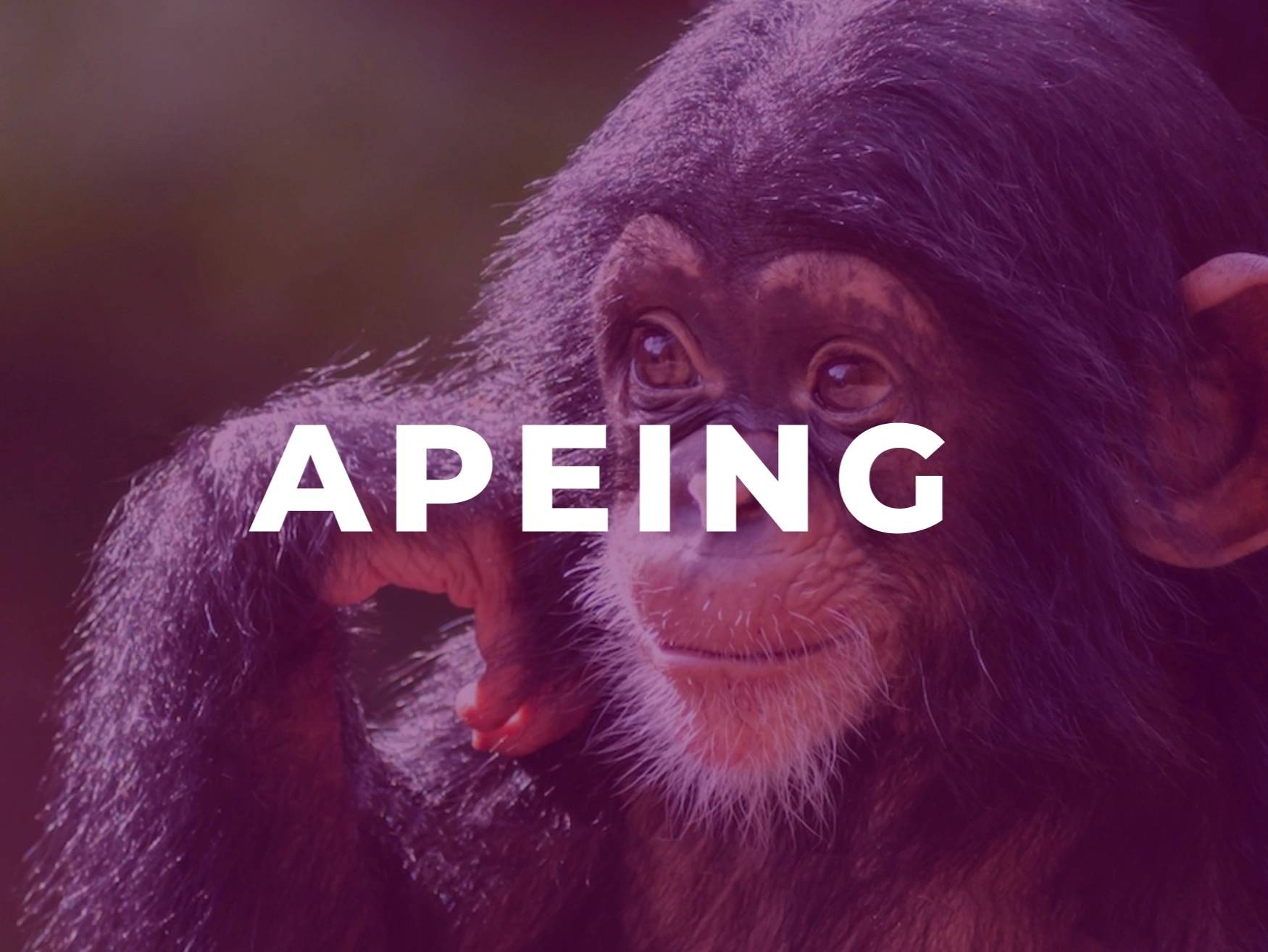위키 구독하기
Share wiki
Bookmark
Apeing
0%
Apeing
**에이핑(Apeing)**은 투자자들이 잠재적 이익을 놓칠까 두려워하는 마음(FOMO)에 이끌려 철저한 조사 없이 프로젝트 출시 직후 토큰을 구매하는 암호화폐 거래 현상을 지칭합니다. [1]
개요
"에이핑"이라는 용어는 암호화폐 커뮤니티에서 적절한 실사 없이 충동적인 "원숭이 같은" 투자 행동을 설명하기 위해 유래되었습니다. 이 이름은 영장류가 신중한 고려보다는 충동적으로 행동하는 방식과 유사하게 낮은 지능, 본능적인 의사 결정을 의도적으로 연상시킵니다.
이러한 관행은 특히 2020년 디파이 여름 동안 수많은 토큰 프로젝트가 사전 발표 없이 갑자기 출시되었고, 이러한 토큰을 구매한 초기 투자자들이 상당한 이익을 얻었을 때 널리 퍼졌습니다. [1] [2]
에이핑은 근본적으로 다음과 같은 특징을 갖습니다.
- 출시 직후 토큰 구매
- 프로젝트의 기본 사항에 대한 최소한의 조사 또는 조사 없음
- 주로 FOMO에 의해 주도되는 의사 결정
- 소셜 미디어 트렌드 및 과장 광고 추종
- 빠른 이익을 얻기 위한 빠른 진입
에이핑의 심리학
에이핑 행동을 유발하는 심리적 요인은 다음과 같습니다.
- 놓치는 것에 대한 두려움(FOMO): 투자자들은 구매 결정을 늦추면 상당한 가격 상승을 놓칠 수 있다고 우려합니다. [2]
- 사회적 증거: 트레이더가 소셜 미디어에서 새로운 토큰으로 이익을 얻는 것에 대해 논의하는 것을 보면 새로 출시된 프로젝트를 찾아 투자하여 이러한 성공을 복제하려고 시도합니다.
- 군중 심리: 연구에 기반한 독립적인 결정을 내리기보다는 다른 사람들이 하는 것을 따르는 경향.
- 벼락부자 심리: 짧은 시간 안에 상당한 수익을 올릴 수 있다는 유혹은 종종 합리적인 의사 결정 과정을 무시합니다. [3]
에이핑과 관련된 위험
에이핑은 투자자가 알아야 할 상당한 위험을 수반합니다.
- 러그 풀: 성급하게 출시된 많은 프로젝트는 투자자 자금을 훔치기 위해 설계된 사기일 수 있습니다. 적절한 연구가 없으면 투자자는 이러한 계획에 취약합니다. [3]
- 높은 변동성: 새로운 토큰은 일반적으로 극심한 가격 변동성을 경험하므로 진입 시기가 좋지 않으면 상당한 손실로 이어질 수 있습니다.
- 기본 사항 부족: "에이프"를 유치하는 많은 프로젝트에는 견고한 기본 사항, 실행 가능한 사용 사례 또는 숙련된 개발 팀이 없습니다.
- 비영구적 손실: 유동성 풀 또는 수익률 파밍 기회에 에이핑할 때 투자자는 토큰 가격이 크게 변하면 비영구적 손실을 경험할 수 있습니다.
- 시장 조작: 유동성이 낮은 새로운 토큰은 대규모 보유자 또는 프로젝트 팀에 의한 가격 조작에 취약합니다. [4]
에이핑을 위한 인기 플랫폼
여러 플랫폼이 새로운 프로젝트에 "에이핑"하려는 트레이더를 위한 인기 있는 목적지가 되었습니다.
- 새로운 토큰이 종종 처음으로 상장되는 탈중앙화 거래소(DEX)(예: Uniswap, PancakeSwap 및 SushiSwap)
- 새로운 토큰 판매를 용이하게 하는 DAO Maker, Polkastarter 및 BSCPad와 같은 런치패드
- 새로운 토큰에 대한 고수익 파밍 기회를 제공하는 DeFi 프로토콜
위험 관리 전략
에이핑과 관련된 위험을 최소화하면서 초기 단계 프로젝트에 계속 참여하려는 사람들을 위해:
잘못된 내용이 있나요?
